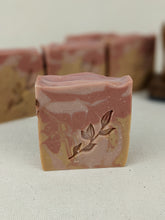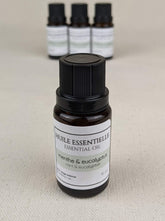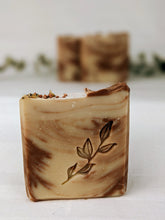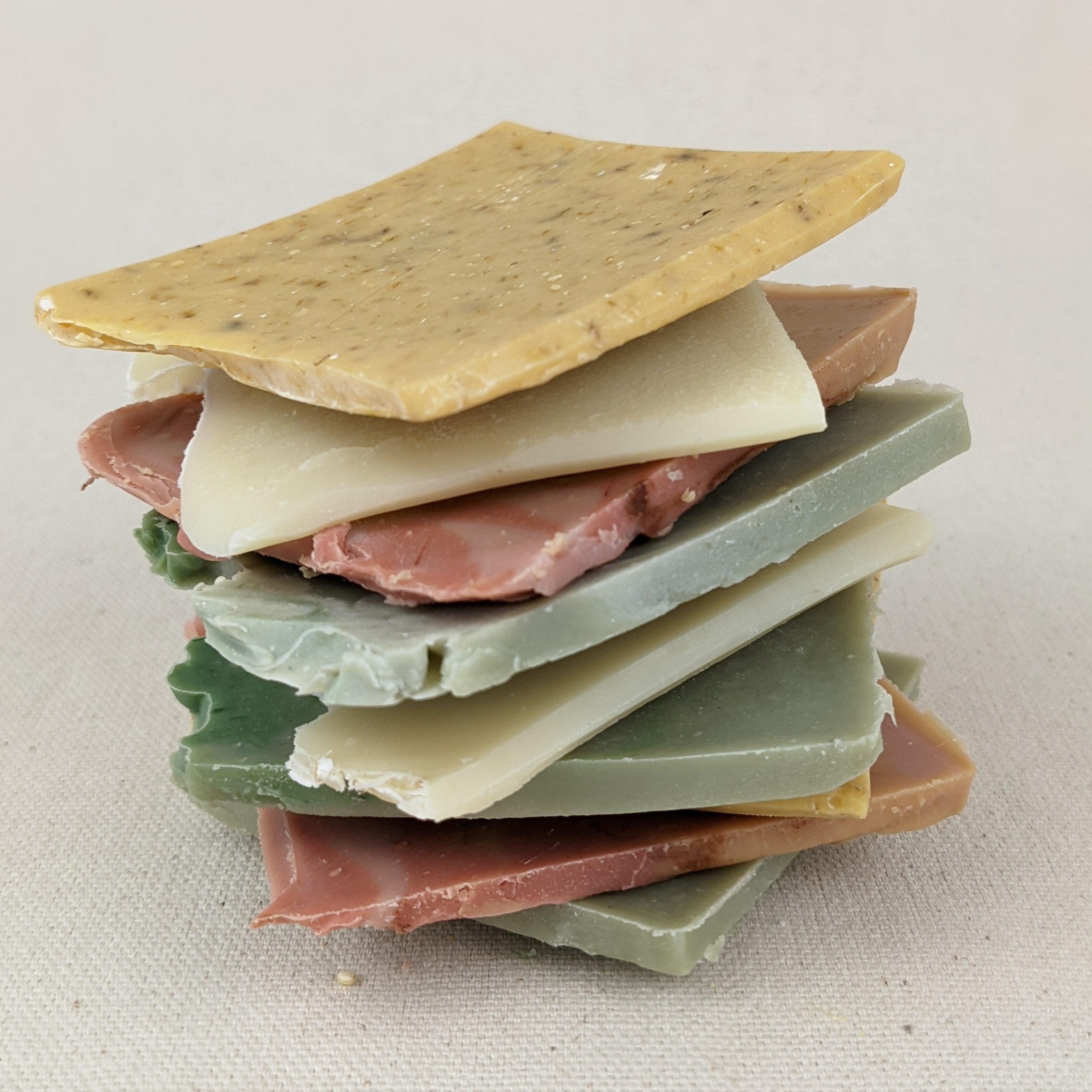
Are you looking for a natural way to create a relaxing and inviting atmosphere in your home or office? Essential oils can help! Essential oils are highly concentrated plant extracts that can be used for aromatherapy to promote relaxation, reduce stress, and enhance your mood.
Essential oils can be used for aromatherapy in several ways, depending on your needs and preferences. Here are some common methods:
-
Diffusion: One of the most popular ways to use essential oils for aromatherapy is through diffusion. A diffuser is a device that disperses essential oils into the air, filling your space with the scent of the oil. To use a diffuser, add water to the reservoir and a few drops of your favorite essential oil. Turn on the diffuser and enjoy the aromatic mist.
-
Inhalation: You can also inhale the aroma of essential oils directly from the bottle or a cotton ball. Simply hold the bottle under your nose or place a few drops of oil on a cotton ball and inhale deeply. This method can be helpful for quick relief from anxiety, stress, or other emotional imbalances.
-
Topical application: Essential oils can be diluted with a carrier oil and applied to the skin through massage or a compress.
When applying essential oils topically, always dilute the oil with a carrier oil such as coconut, jojoba, almond, or olive oil.
This method can be helpful for relaxation and reducing muscle tension.
Check out our infused carrier oils for more skin benefits.
-
Bath: You can add a few drops of essential oil to a warm bath to create a soothing and relaxing atmosphere.
Be sure to mix the oil with a carrier oil or bath salts before adding it to the water.
-
Spray: You can create a DIY essential oil spray by mixing a few drops of essential oil with water and spraying the mixture in the air or on fabrics to freshen up a space.
Essential oils have been used for centuries to promote health and wellness, and today they're more popular than ever.
One of the most common ways to use essential oils is in personal care products, where they can provide both physical and emotional benefits.
Here are just a few of the ways essential oils can be used in personal care products:
-
Soaps: Essential oils can be added to soap bases to create a personalized bar of soap with aromatherapy benefits.
Depending on the essential oil used, the soap can have properties such as antibacterial, antifungal, or calming.
For example, tea tree essential oil is known for its antibacterial properties and can be added to a soap to help prevent acne and other skin infections.
-
Shampoos and conditioners: Essential oils can be added to shampoos and conditioners to promote healthy hair and scalp.
Depending on the essential oil used, the shampoo or conditioner can have properties such as nourishing, stimulating, or calming.
For example, rosemary essential oil is known for its stimulating properties and can be added to a shampoo to help promote hair growth and prevent dandruff.
-
Body oils: Essential oils can be added to carrier oils such as coconut oil, jojoba oil, sweet almond, or olive oil to create a nourishing body oil that can be used to moisturize the skin and provide aromatherapy benefits.
Depending on the essential oil used, the body oil can have properties such as soothing, invigorating, or relaxing.
For example, peppermint essential oil is known for its cooling and invigorating properties and can be added to a
body oil to help relieve sore muscles and provide a refreshing scent.
-
Lotions: Essential oils can be added to lotions to create a personalized moisturizer with aromatherapy benefits.
Depending on the essential oil used, the lotion can have properties such as calming, energizing, or uplifting.
For example, lavender essential oil is known for its calming properties and can be added to a lotion to help soothe the skin and promote relaxation.
 By incorporating essential oils into your personal care routine, you can experience a range of benefits, from promoting healthy skin and hair to providing aromatherapy benefits that can help reduce stress and improve mood.
By incorporating essential oils into your personal care routine, you can experience a range of benefits, from promoting healthy skin and hair to providing aromatherapy benefits that can help reduce stress and improve mood.
But it's important to use essential oils safely and appropriately. Always dilute essential oils properly before use, and follow recommended guidelines for each specific oil. Some essential oils may not be appropriate for certain individuals, such as pregnant women or those with certain health conditions.
Essential oils are more than just a pleasant scent, they can also be a powerful tool for cleaning and disinfecting your home. Unlike chemical-based cleaning products, essential oils are non-toxic and gentle on the environment.
Here are just a few examples of how essential oils can be used for natural cleaning:
-
Disinfecting Surfaces: Essential oils such as tea tree, lavender,
and eucalyptus have antibacterial and antiviral properties that can be used to disinfect surfaces in the home.
Mix a few drops of essential oil with water in a spray bottle and use it to clean countertops, sinks, and other surfaces.
-
Removing Stains: Essential oils such as lemon,
orange, and grapefruit have natural cleaning properties that can be used to remove stains. Mix a few drops of essential oil with baking soda to create a paste and use it to clean stubborn stains on surfaces such as sinks and bathtubs.
-
Deodorizing: Essential oils such as peppermint,
lemon,
and lavender can be used to naturally deodorize the home.
Mix a few drops of essential oil with water in a spray bottle and use it to freshen up carpets, upholstery, and curtains.
-
Air Freshening: Essential oils can be used to create a natural and refreshing scent in the home. Add a few drops of your favorite essential oil to a diffuser or mix with water in a spray bottle and mist around the room.
Using essential oils for cleaning is a great way to reduce your exposure to harmful chemicals and create a safer, healthier living environment. Plus, with a variety of essential oils to choose from, you can find a scent that suits your personal taste and cleaning needs. So why not try incorporating essential oils into your cleaning routine today?
Essential oils have been used for centuries in traditional medicine for their healing properties.
Here are some examples of how essential oils can be used for medical purposes:
-
Headaches and Migraines: Peppermint and lavender oils are commonly used to alleviate headache symptoms.
Peppermint oil can be applied topically to the temples, while lavender oil can be used in aromatherapy or applied to the back of the neck.
-
Nausea and Motion Sickness:: Peppermint, ginger, and lemon oils are known for their ability to relieve nausea and motion sickness.
These oils can be inhaled directly or applied topically to the abdomen or behind the ears.

-
Respiratory Issues: Eucalyptus and tea tree oils are often used to help with respiratory issues such as coughs and congestion.
These oils can be used in a diffuser or applied topically to the chest and back.
-
Pain and Inflammation: Essential oils such as frankincense and ginger can be used to reduce pain and inflammation.
They can be applied topically to the affected area or used in a massage oil or lotion.
-
Insomnia: Lavender and chamomile oils are commonly used to promote relaxation and improve sleep.
These oils can be used in aromatherapy or applied topically to the temples and back of the neck.
It's important to note that essential oils should not be used as a replacement for medical treatment.
Always consult a healthcare provider before using essential oils for medical purposes, especially if you have any underlying health conditions or are taking medication.
Additionally, essential oils should be used with caution around children and pregnant or nursing women, as some oils can be harmful in these populations.
Essential oils are natural plant extracts that can be used for a variety of purposes, including as insect repellents. Here are some of the benefits of using essential oils as insect repellent:
-
Safe and non-toxic: Unlike many commercial insect repellents that contain harmful chemicals, essential oils are safe and non-toxic for you and the environment.
-
Pleasant aroma:: Essential oils have pleasant and soothing scents that can also help to mask human odors, making it more difficult for insects to find you.
-
Effective against a range of insects: Essential oils can repel mosquitoes, flies, ants, ticks, and other insects.
So, how can you use essential oils as insect repellent? Here are some tips:
-
Diffusing: Add a few drops of essential oil to a diffuser and let it run in the room to repel insects.
-
Topical application:: Mix a few drops of essential oil with a carrier oil like olive, coconut or jojoba oil and apply it to your skin. You can also add it to your lotion or body wash.
-
Spray: Mix a few drops of essential oil with water in a spray bottle and spritz it on your skin or around your home.
-
Candles: Use essential oil candles to repel insects while adding a pleasant scent to your home.
Some essential oils that are known for their insect-repellent properties are: Lemongrass, Citronella, Lemon eucalyptus, Peppermint,
Lavender, Tea tree and Cedarwood.
Next time you head outdoors, reach for a natural and effective insect repellent solution: essential oils. Try it out for yourself and enjoy a bug-free experience.
Visit our product pages to learn more about our range of essential oils and their benefits.
|
 Aromatherapy
Aromatherapy By incorporating essential oils into your personal care routine, you can experience a range of benefits, from promoting healthy skin and hair to providing aromatherapy benefits that can help reduce stress and improve mood.
By incorporating essential oils into your personal care routine, you can experience a range of benefits, from promoting healthy skin and hair to providing aromatherapy benefits that can help reduce stress and improve mood.









